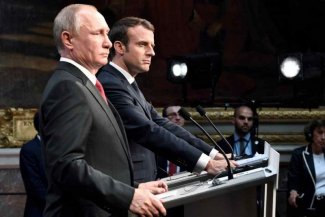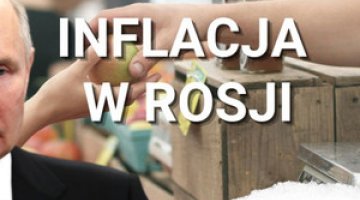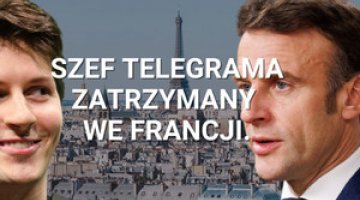Macron meets Putin: Russia returns to the game

On 29th May President Vladimir Putin, at the invitation of President Emmanuel Macron, paid a working visit lasting several hours to France. The pretext for the visit was provided by the 300th anniversary of establishing diplomatic relations between the two countries. The two leaders discussed the situation in Syria, Ukraine and the Korean Peninsula, the fight against terrorism, the situation of non-governmental organisations, and the rights of sexual minorities in Russia, among other issues. They agreed that ‘in the nearest time’ possible there would be a meeting in the Normandy format (however, before that the participants of the format would carry out an audit of the situation in Donbas based on a detailed report by the OSCE). The two presidents also announced the establishment of a French-Russian working group on combating terrorism.
Commentary
- Vladimir Putin was the first foreign leader Emmanuel Macron welcomed to France since his election as French president. The visit occurred in the face of a crisis in bilateral relations between the two countries. In autumn the previous French president, François Hollande, refused to receive Putin due to ongoing Russian airstrikes on Aleppo, and during the recent presidential election in France, Moscow supported Macron’s counter-candidate, Marine Le Pen (she visited the Kremlin in March). Macron sent the invitation and Putin eagerly accepted it since the two presidents saw a host of benefits in the meeting. Macron sought to present himself as an independent, mature and active leader and to report success before the June parliamentary election in France in which his En Marche! movement is taking part. Putin was keen to break his country out of isolation and – ideally – to weaken the EU’s unity (the visit was held right after the G7 summit).
- In line with this logic, during a joint press conference held in a rather cool atmosphere, Emmanuel Macron demonstrated a tough stance on particular questions. However, he de facto backed Russia’s position on the Syrian crisis and the situation in Ukraine, claiming that the talks in Astana in the Russia-Turkey-Iran format were contributing to de-escalating the conflict. He also spoke in favour of implementing the Minsk agreements. On the other hand, he announced the extension of sanctions should the conflict in Donbas escalate and accused the Russian TV station RT (formerly Russia Today) and the Sputnik news agency of being ‘outlets of fraudulent propaganda’. As for Vladimir Putin, he dismissed the charges (he did not address certain issues) by arguing that the sanctions had not had an impact on the situation in Donbas. He maintained that Russia had not interfered in the French election and declared that he would verify allegations of repression against the LGBT community in Chechnya.
- Despite Macron’s tough rhetoric the two leaders confirmed their willingness to strengthen political and economic ties, which is a success for Moscow (Macron said that none of the world’s crucial problems could be solved without Russia’s participation, therefore Russia should be involved in dialogue, in spite of differences of positions). Furthermore, the visit itself was a success for Russia. Following the annexation of Crimea in March 2014, Putin has not been received in Western European countries and the few trips he made were linked to multilateral meetings or summits held by international organisations. The Russian president decided to listen to a much younger politician admonishing him in the name of a symbolic return to the game and the confirmation that Russia can no longer be ignored (which has also consolidated Putin’s position within Russia).




